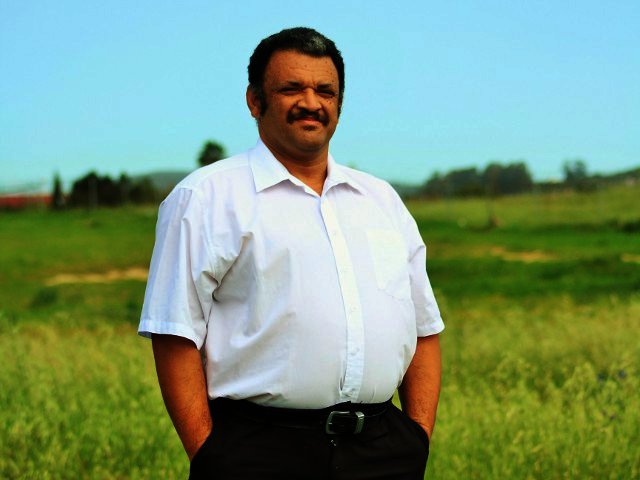Business News sponsored by:
We need clean, renewable energy. It’s the only way forward. Clean, renewable energy sourced from natural elements would meet our energy needs in a sustainable way while not causing too much harm to the environment. And creating environmentally-friendly fuel in the form of biofuel sourced from plants is a definite possibility for South Africa, but not without strong policy guidance from government and a drop in the price of raw materials used in producing it.
This is according to recent University of the Western Cape (UWC) graduate Denver Jacobs in his MA thesis, Assessing the Economic Viability of Biofuel Production in South Africa.
One option for this country is exploring the use of biofuels – where plants (or products derived from them) are burned to provide energy, rather than burning fossil fuels. Its practical use being having cars run in a way which is much kinder to the environment instead of relying heavily on the traditional source: crude oil (petrol).
Jacobs explored in his study how viable the use and production of biofuel would be for South Africa.
He said that biofuel production using any of the four popular crops used in producing biofuel (grain sorghum, sugarcane, soya beans and sunflowers) could not come close to matching petrol - mainly due to the current inflated prices of feedstock crops, a result due to recent poor harvests.
Biofuels, according to his research, could dramatically ease South Africa’s dependence on crude oil (the country currently imports around 70% of its crude oil needs), and ensure greater energy security amid fluctuating oil prices. It would also allow South Africa, currently the world’s 14th highest emitter of CO2, to cut back on its fossil fuel emissions.
“For all its potential benefits, though, the production of biofuel is not yet economically viable in South Africa – but a sharp drop in the prices of raw materials and strong policy guidance could help make biofuel production more attractive.
“If I had done my study a few years ago when crop prices were low, my results would probably have been very different,” says Denver.
Denver’s study calculated the economic viability of biofuel production against three measures typically used to analyse the profitability of an investment:
● net present value (NPV) – the difference between the current value of the cash earned from an investment in the future and the amount being invested;
● internal rate of return (IRR) – the interest that can be earned on every Rand invested;
● and payback period – the period over which an investment will be recouped.
“My work clearly shows that the production of biofuel from these crops would only become viable if there was a substantial reduction in feedstock prices,” he notes.
A solution to this challenge is for government to have a strong policy and state support. The government could subsidise either the cultivation of feedstock crops – as is widely done in the US and across Europe, and initially in Brazil – or the biofuels industry itself through tax rebates and other incentives.
Unfortunately, Denver says, potential biofuel producers are frustrated with the lack of government implementation, with the National Biofuels Industrial Strategy having more or less ground to a halt.
Jacobs cites Brazil’s successful PróÁlcool programme as a good example of substantial job creation in both the biofuel and car industries through the production of ethanol from cheap sugarcane. The country did so by supporting the manufacturing of flexible-fuel vehicles that can run on either biofuels or petrol using the same tank.
Countries like South Africa would go the route of blending petrol with biofuels at a 9:1 ratio (known as an E10 fuel mixture), making the fuel suitable for standard petrol engines without modification.
South Africa’s National Biofuels Industrial Strategy, developed in 2007, stipulates that smallholder farmers would grow the bulk of feedstock crops such as maize and sugarcane that would be converted into biofuels. This would inject much-needed investment in agriculture in South Africa’s impoverished rural areas.



.jpg)


